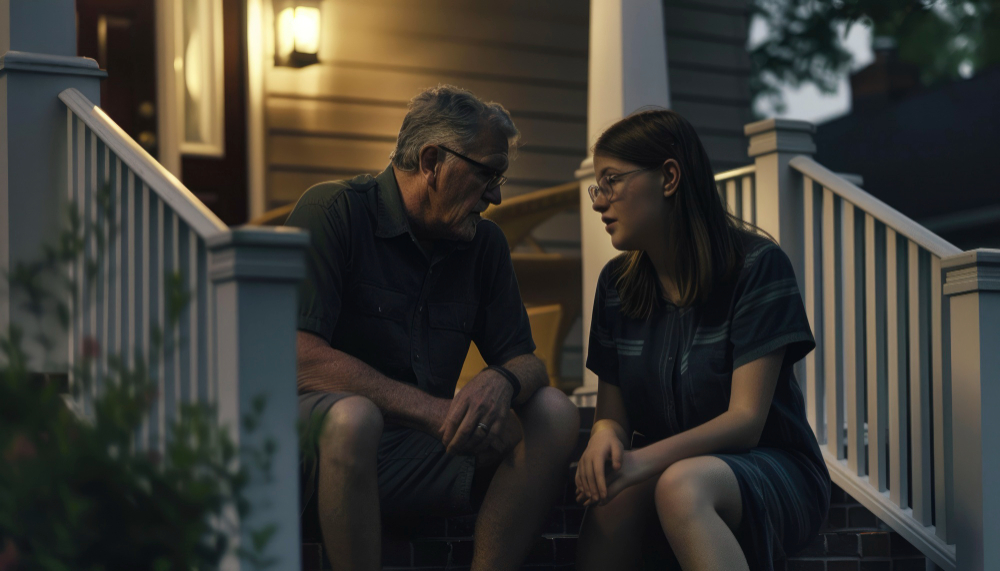Watching someone you love struggle with addiction can be heartbreaking. Whether it’s alcohol, drugs, or behavioral dependency, addiction not only affects the individual but deeply impacts the family and close friends around them. It’s natural to feel helpless, frustrated, or even scared—but the key is to approach the situation with compassion, patience, and the right support. If you’re searching for professional help, the Best Psychiatrists in Delhi and the Best Psychologists in West Delhi at World Brain Center are here to walk alongside you and your loved one toward recovery.
Recognizing the Signs Before Reaching Out
Before convincing someone to seek help, it’s important to recognize the behavioral and emotional changes that may point to an addiction issue. Consulting the Best Psychiatrist in Delhi or the Best Brain Doctor in Delhi can help identify the right path early on. Here are some common signs to look for:
- Withdrawing from friends, family, and social circles
- Erratic or aggressive behavior at work or home
- Sudden mood swings and emotional instability
- Denial of substance use despite obvious signs
- Business, academic, or financial losses leading to deeper distress
These symptoms might appear gradually, but they often indicate a deeper issue that needs professional intervention. The earlier you involve a specialist—such as the Top Psychiatrist in Delhi or the Best Neurologists in West Delhi—the better the chances of a successful recovery.
Approaching the Conversation With Care
Motivating a loved one to accept help for addiction can be one of the most emotionally challenging things you’ll ever do. But with the right approach and guidance from the Best Psychologists in Delhi and the Best Psychiatrists in West Delhi, it can lead to real transformation. Here’s how you can make a difference:
- Create a safe, non-judgmental space to talk
- Pick the right moment—avoid crowds or stressful settings
- Use empathy, not blame; express concern, not anger
- Reassure them that recovery is possible and you’ll be there every step of the way
- Encourage openness, even if it takes time
- Stay calm, even if the initial response is denial or resistance
Being patient and consistent can break through the walls of shame or fear your loved one may be experiencing. It’s not just about one conversation—it’s about ongoing support.
Why Professional Help Is Critical
While your support is crucial, addiction recovery requires medical and psychological expertise. That’s where the team at World Brain Center, featuring the Best Psychiatrist in West Delhi, the Best Neurologists in Delhi, and the Best Psychologists in West Delhi, comes in. Our team understands the sensitive nature of addiction and provides comprehensive, evidence-based treatment plans tailored to each individual’s needs.
We don’t just treat symptoms—we address the root causes, whether they’re emotional trauma, stress-related conditions, or neurological factors. Our team, which includes the Best Psychiatrists in Delhi and Best Brain Doctors in Delhi, combines years of clinical experience with a compassionate approach that fosters real change and long-term healing.
Your Next Step: Help Them Take Theirs
Convincing a loved one to seek addiction treatment is not about control—it’s about compassion. The journey may be tough, but recovery is absolutely possible. And with the right support system—both at home and professionally—you can help your loved one rediscover life beyond addiction.
If you’re looking for the Best Psychiatrist in West Delhi, or a trusted facility with the Best Neurologists in West Delhi, look no further than World Brain Center. We’re more than just a mental health clinic—we’re a partner in healing. From addiction therapy to neurological care, our team is dedicated to guiding patients back to a life filled with hope, purpose, and strength.
💚 Let’s Take the First Step Together
If you’re wondering where to start, contact World Brain Center—home to the Top Psychiatrist in Delhi, the Best Psychologists in Delhi, and the Best Psychiatrists in West Delhi. Your loved one’s path to recovery begins with one conversation. Let’s have it today.

